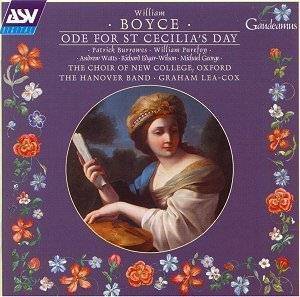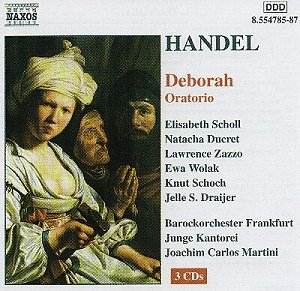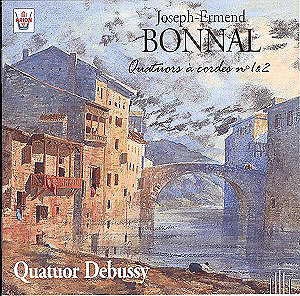 Composer: William Boyce
Composer: William Boyce
Works: Ode for St Cecilia
Performers: Patrick Burrowes (boy soprano), William Purefoy (alto), Andrew Watts (alto), Richard Edgar-Wilson (tenor), Michael George (bass), New College Oxford Choir, Hanover Band, cond. Graham Lea-Cox
Recording: ASV GAUDEAMUS CD GAU 200 [58.00]
Label: ASV
William Boyce, a prominent figure in the early classical landscape of British music, occupies a unique position in the shadow of Handel, whose towering presence loomed over much of Boyce’s career. Composed in 1739, the Ode for St Cecilia stands as a testament to Boyce’s ingenuity and creativity, revealing both his command of choral and orchestral textures and his ability to evoke the spiritual essence of music. This work is remarkable not only for its substantial duration of 68 minutes but also for its historical significance, having first been performed in London and later in Dublin, where it featured singers who would soon participate in the premiere of Handel’s Messiah.
The performers on this recording bring a compelling vitality to Boyce’s score, each soloist demonstrating commendable skill and understanding of the stylistic nuances inherent in the music. Patrick Burrowes’s portrayal of St. Cecilia is particularly noteworthy; his boy soprano voice, imbued with a bright, clear timbre, effectively captures the ethereal quality of the role. His aria towards the end, along with an earlier solo, showcases a lyrical expressiveness that is both poignant and technically refined. William Purefoy’s rendition of “Music, Gently Soothing Power” stands out as the emotional high point of the work, his phrasing and dynamic control elevating the text’s serene beauty. Andrew Watts and Richard Edgar-Wilson complement their contributions with robust interpretations that resonate with the period’s stylistic demands.
The choral contributions from the New College Choir are executed with precision and an admirable understanding of Boyce’s contrapuntal writing. The four choruses are particularly engaging, displaying an exciting interplay of voices that is both intricate and cohesive. The Hanover Band, under Graham Lea-Cox’s direction, provides a stylish and lively accompaniment, characterized by a vivid articulation of the instrumental lines. The orchestration, featuring strings and woodwinds, is rendered with a transparency that allows the textural layers of Boyce’s writing to emerge clearly.
The recording quality is exemplary, capturing the nuances of both the choir and soloists in a well-balanced soundscape. The engineering ensures that the warmth of the period instruments shines through, while the acoustic space enhances the overall listening experience, making it an ideal medium for Boyce’s richly woven musical fabric. Compared to other recordings of Baroque choral works, this disc stands out for its clarity and intimacy, inviting the listener into an immersive encounter with the music.
Boyce’s Ode for St Cecilia remains a relatively underappreciated gem within the Baroque repertoire, and this recording serves as a vital contribution to its revival. The combination of musicality, scholarly attention to performance practice, and the dedication of the artists involved not only honors Boyce’s legacy but also enriches our understanding of his contributions to the canon of English music. This release is not merely a recording; it is an invitation to explore the delightful intricacies of Boyce’s artistry.



